MOREE dietitian Renaye Madden has won a national health award for co-developing a First Nations-focused, fussy eating resource for children.
Renaye was announced the winner at the Rural Health Pro National Rural and Remote Health Awards at the National Press Club in Canberra last night.
Renaye, a dietitian at Pius X Aboriginal Medical Service in Moree and Associate Lecturer in Allied Health at the Department of Rural Health, was presented the Dedication to Health in a Remote Location Award.
“I’m so lucky to receive this award, and it wouldn’t have happened without the amazing support of the Moree community,” Renaye said.
“Thank-you to everyone who welcomed me, shared their knowledge, and worked alongside me to make this project possible. This recognition belongs to all of us,” she said.
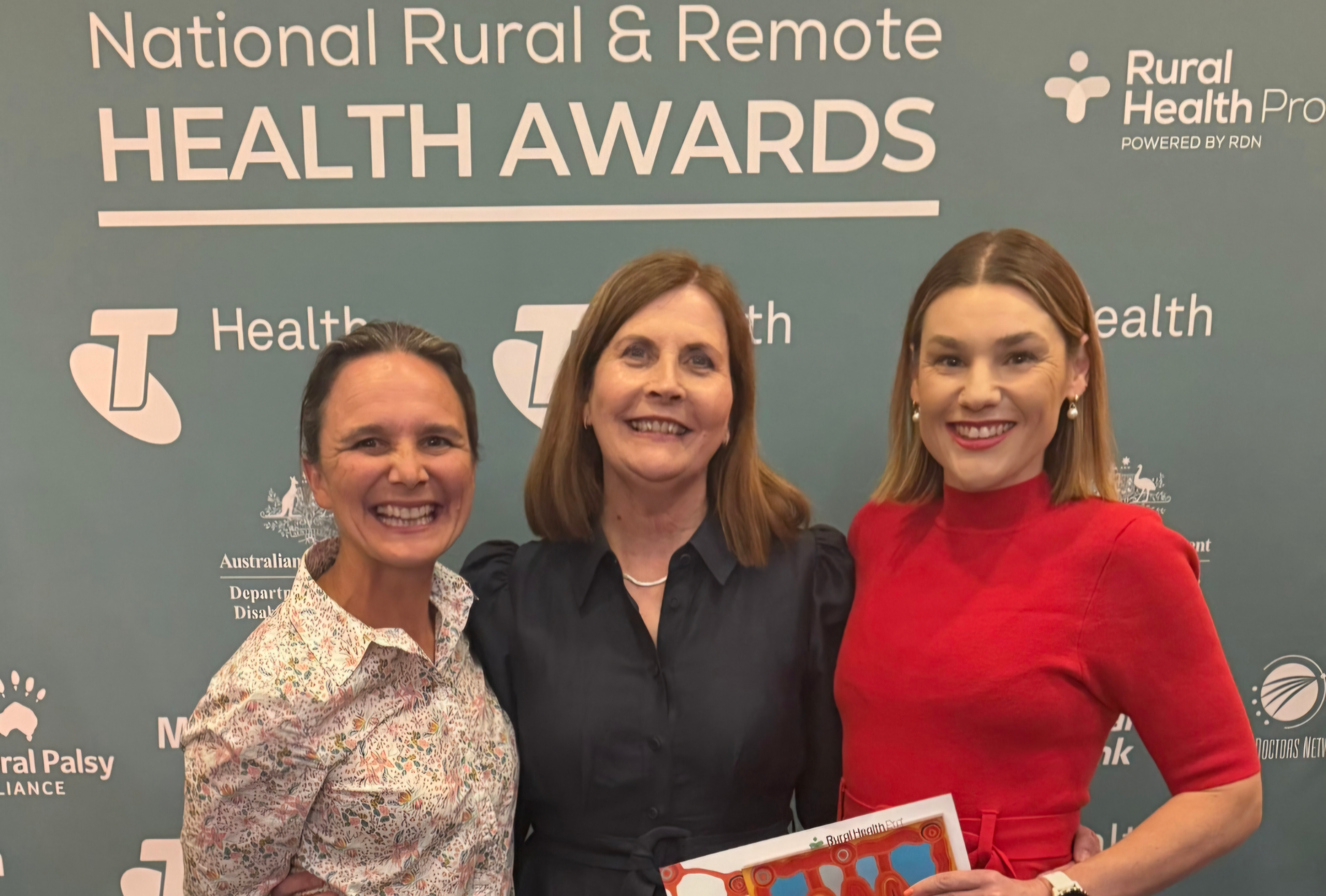
Moree’s Renaye Madden (right) at the Rural Health Pro National Rural and Remote Health Awards on Wednesday night with Department of Rural Health nominees Heidi Lavis and Miriam Grotowski.
Renaye also co-developed a healthy eating cookbook, celebrating local food traditions, as well as facilitating culturally respectful student placements in Moree.
Her Experience Moree initiative challenges negative stereotypes and promotes the town.
“I’m incredibly shocked and honoured to win,” Renaye smiled.
“Sometimes as a remote clinician, you can feel like you’re working in a silo, so I think it’s fantastic that these awards recognise rural clinicians.
“As a clinician at the Aboriginal Medical Service in Moree I was seeing a lot of children with severe fussy eating, so I did some further training in that area,” she said.
“I was talking to the local pre-school (Kiah) and they really noticed the same thing.
“With their help, I went to the local elders’ group – and I really want to thank the local Kamilaroi group – and we co-designed and resourced together,” Renaye said.
Finalists in Renaye’s category included North and West Remote Health Wellbeing Team in Queensland for their Three Sixty Project and Charles Darwin University’s CDU Health Hub for their Outback Active program in the Northern Territory.
The extraordinary efforts of health professionals and organisations serving remote and rural communities throughout Australia – including Aboriginal and Torres Strait Islander communities – were celebrated last night, with 10 winners announced.
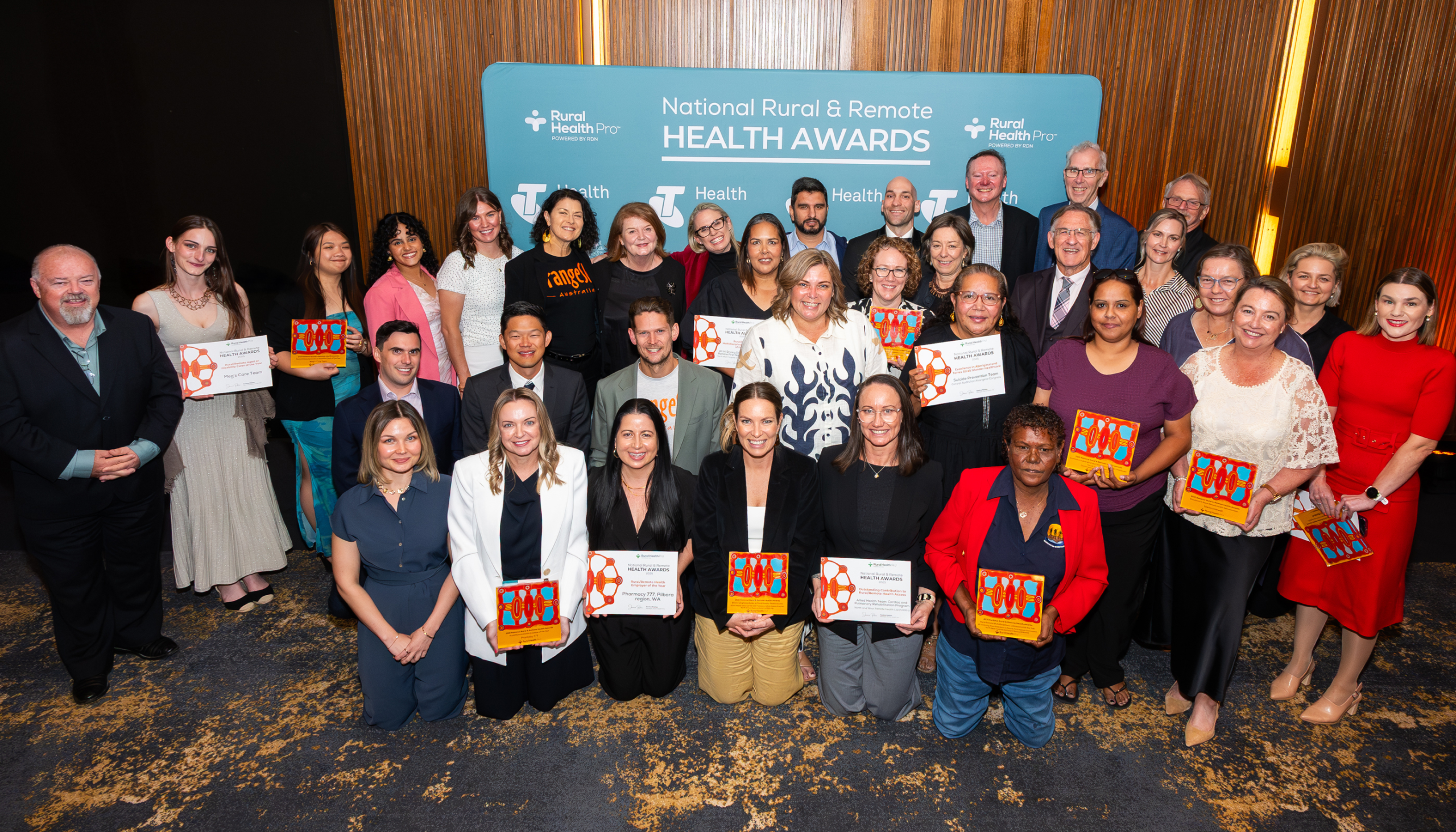
Award winners and finalists at the Rural Health Pro National Rural and Remote Health Awards on Wednesday night.
National Rural Health Commissioner, Professor Jenny May, joined more than 180 guests to honour the winners and celebrate the 30 finalists across 10 award categories.
“It is an honour to be here to recognise the important work being done to build high quality health access for remote and rural Australians and celebrate the rural, remote and First Nations health professionals and organisations on a national stage,” Professor May said.
“Thank-you for your work and your commitment. Thank-you for being people that communities can trust and know will carry the message of real access, culturally safe and connected care,” she said.
This year’s awards attracted a record number of nominees from across Australia.
Winners included individuals and organisations leading culturally responsive, community-driven initiatives or programs that change lives for the better, many born out of lived experience or in response to an identified gap or need.
Rural Health Pro manager, Jessica Rostas, congratulated all nominees, finalists and winners.
She said the awards have grown from an opportunity to express gratitude for the service and dedication of rural health professionals to an opportunity to highlight the extraordinary stories of individuals and organisations on the national stage.
“Congratulations to the 2025 winners, who embody the best characteristics of service, compassion and innovation, and serve as an inspiration for the future rural workforce in Australia,” she said.
“The Awards are a really wonderful gathering of the rural and remote health community, and that’s important because rural practice can feel isolating. It’s vital to meet with people who are facing similar challenges and learn from each other and support each other,” she said.
Rural Doctors Network chair, Professor Peter O’Mara, a proud Wiradjuri man and rural doctor, was delighted with the quality of this year’s nominations, especially the engagement from Aboriginal and Torres Strait Islander health care organisations.
“When you look at the list of people and the things that are being achieved, it is absolutely amazing,” he said.
“It is inspiring to us all, and that’s the most important thing.”
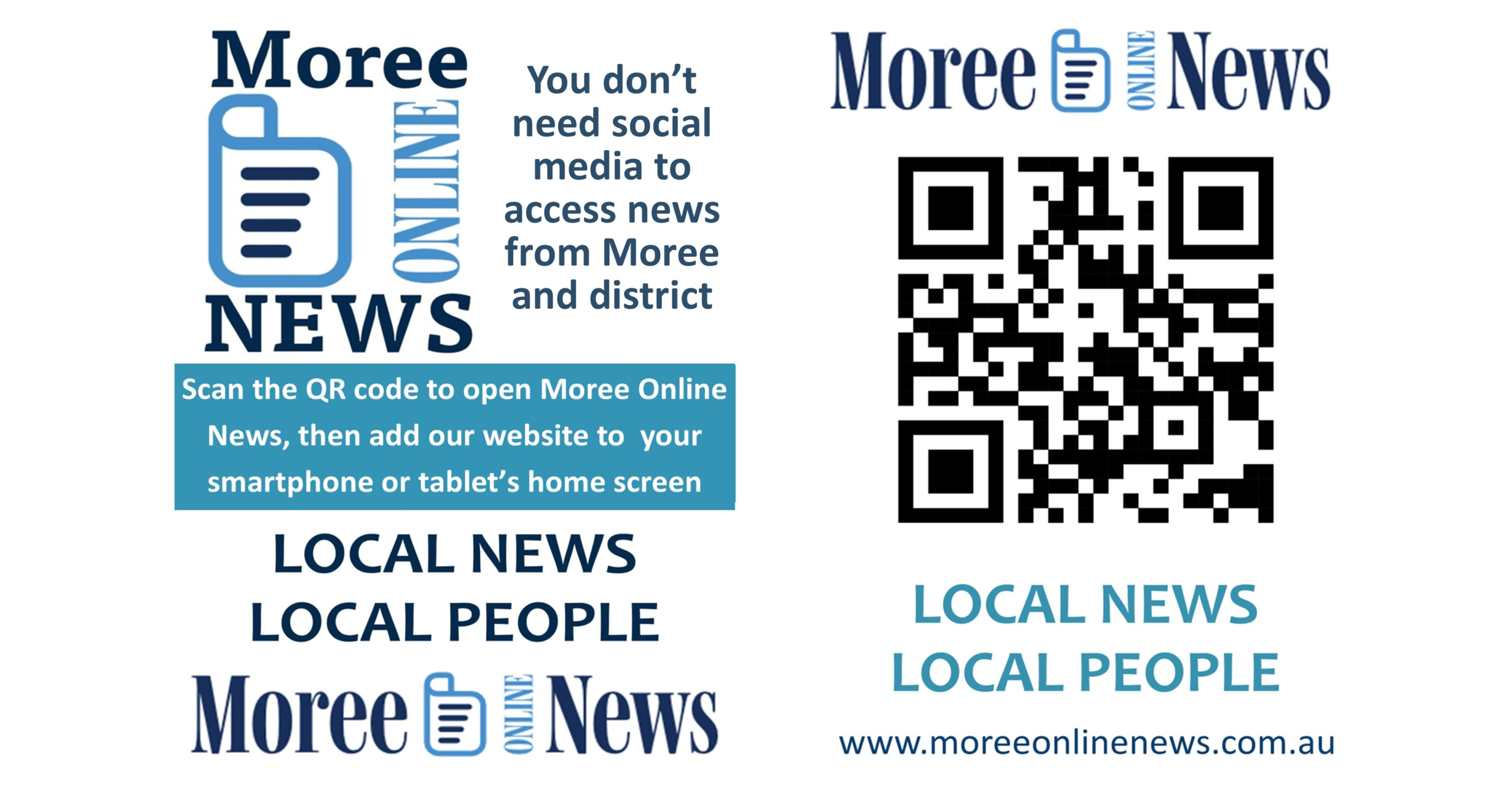



























































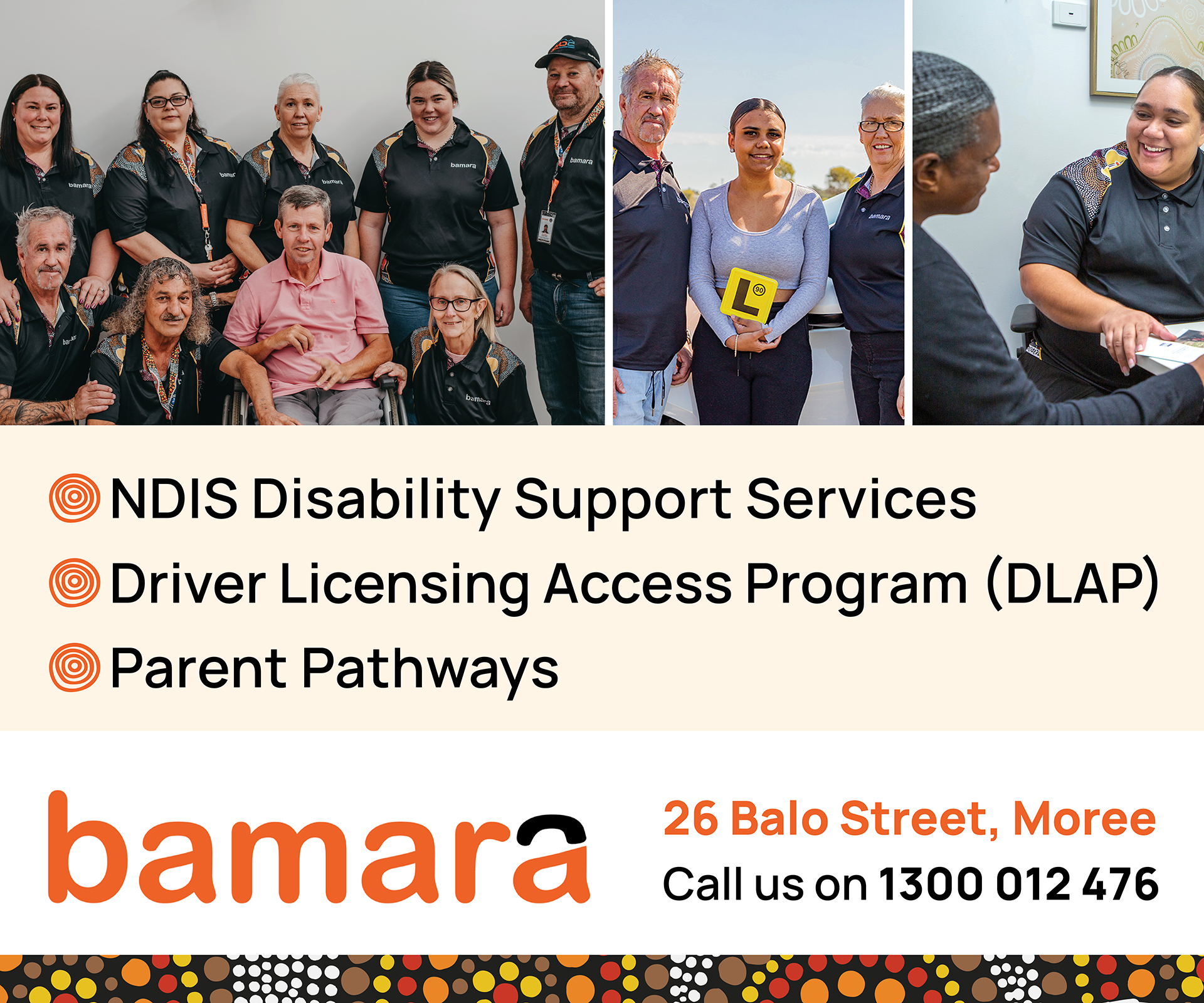



















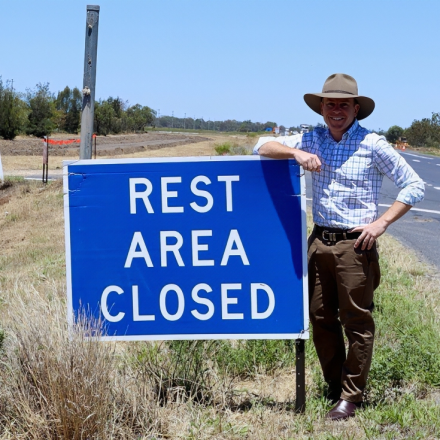
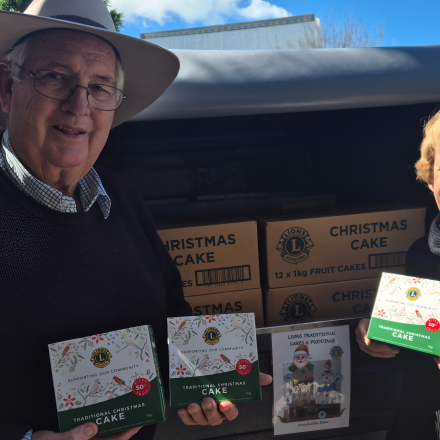
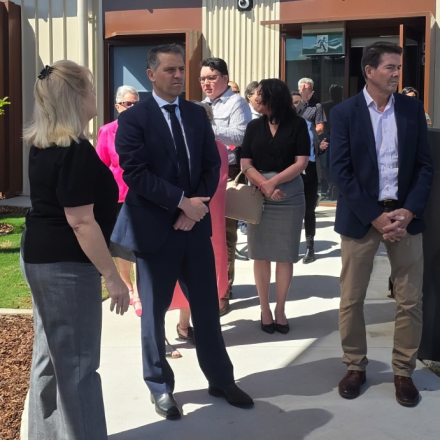
0 Comments